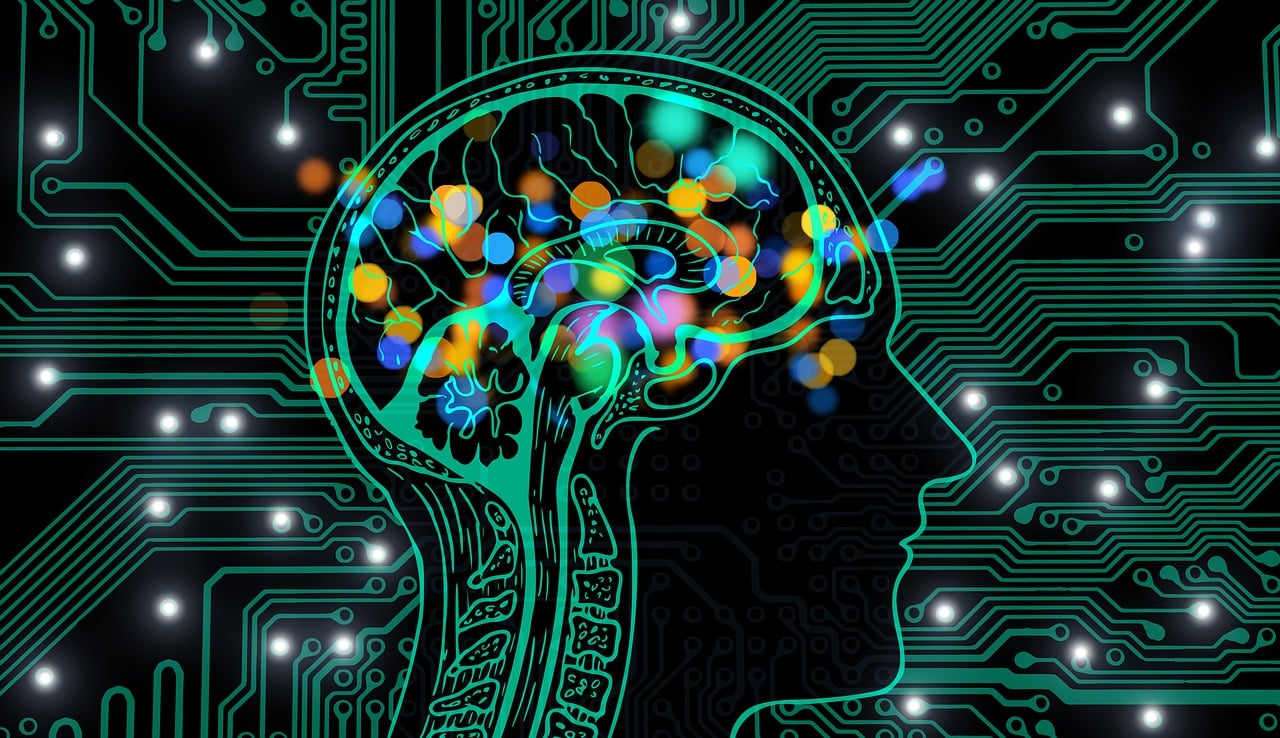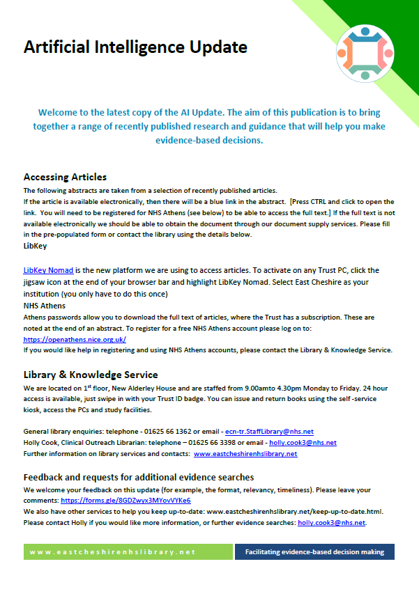Artificial Intelligence Knowledge Hub
AI Tools
- ChatGPT is a large language model (LLM) chatbot developed by OpenAI. GPT = Generative Pre-Trained Transformer. It is trained on a massive dataset of text and code and can generate human-like text in response to a wide range of prompts and questions. It is not connected to the internet and can make stuff up to fill gaps in its ‘knowledge’.
- Bing AI also uses GPT-4 (a LLM) to answer questions in a conversational way. It will reference its sources which include: The internet, it’s own knowledge base and conversation history.
- Gemini (Previously Google Bard) is a more powerful and versatile LLM than GPT. It will answer questions in a similar way but it is trained on a dataset that includes both text and code (GPT is trained on text only). It also has access to real-time internet while GPT does not.
- Elicit is a little different and uses machine learning and natural language processing (NLP) to help you find relevant research papers. It will then summarise the paper and extract key information such as formulas or statistical tests. It is a good alternative to using a clinical database (such as medline) if you want to find papers quickly.
- Consensus also uses machine learning to identify research papers that will answer a specific research question. Based on the result of the papers it will provide a ‘consensus’ answer to your research question. It only searches for published research via Semantic Scholar so it is more reliable that the GPT tools. There is currently a 6 month lag of data due to indexing - this is good as there is indexing.
- Humata uses NLP to analyse text in a document/research paper. You can upload a PDF and ask it questions such as ‘what are the results of this trial’ or was NNT used? It will also generate new writing (rewords) based on existing documents.
Guidance and Statements
|
Websites
|
Background papers
|


